Techniques for Stitching Openwork Seams
Machine setup tips make it easy to sew evenly spaced fagoting stitches.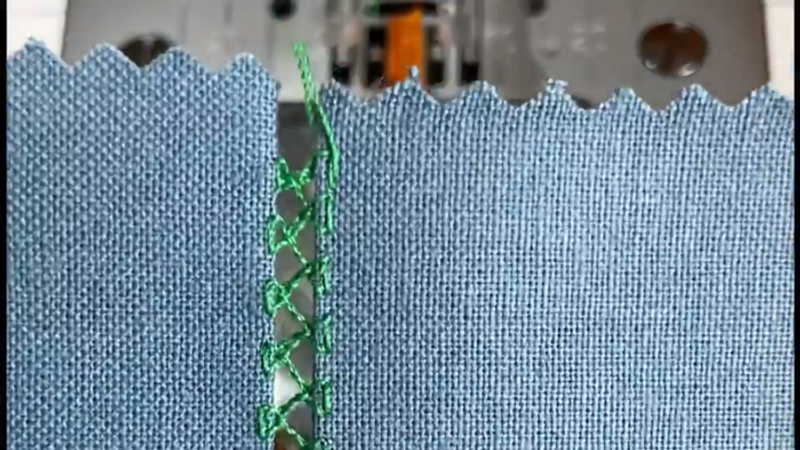
Fagoting is a stitching technique to join fabric pieces with open seams that have a delicate, heirloom quality. This type of sewing used to be completed laboriously by hand, but now you can accomplish it quickly with your sewing machine.
In this video, you can see a demonstration of how to set up the sewing machine for fagoting. It’s a simple process and takes less than a minute.
Use a spacer
When you first try fagoting by machine, it’s necessary to find a “spacer,” a narrow object that keeps the fabric pieces an even distance apart as you stitch. You must be able to center the spacer between the feed dogs and attach it securely to your sewing machine bed with a piece of tape.
An excellent spacer turned out to be a cocktail stirrer, bought in a package of 50 at the grocery store. Look for a spacer that is about 4.0 mm to 5.0 mm wide and has flat sides. Another tip is to work with an open-toe embroidery presser foot, so you can see the fagoting stitches as they are being made.
Choose a utility stitch
Watch the video to see a demonstration of machine fagoting with a honeycomb stitch. The results are quick and look intricate for the amount of effort involved. Many common utility stitches work for fagoting; to see a gallery of options, and learn more about the technique, read “Embellishments: Fagoting simplified” by Carol Laflin Ahles, in Threads #210 (Aug./Sept. 2020).
Do you plan to try this technique on any garment sewing projects? Let us know in the comments section below.
Editor’s note: Fagoting as a stitching technique may have gotten its name from the Middle English word “fagot,” defined by Merriam-Webster as “a bundle of sticks.” One version of the needlework technique (which we now call drawn threadwork) creates the look of little bundles of twigs.



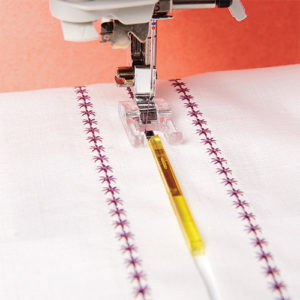

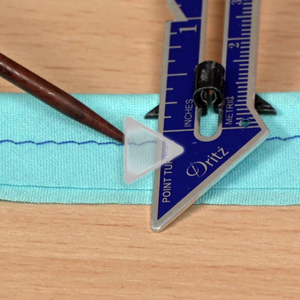



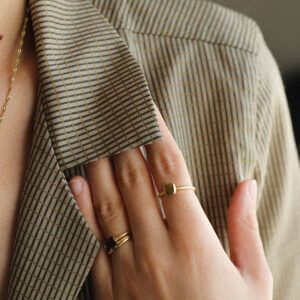
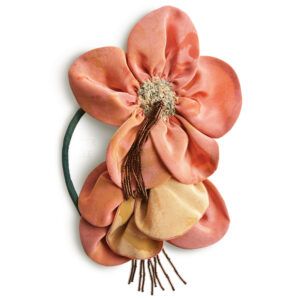
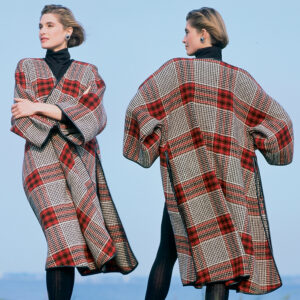
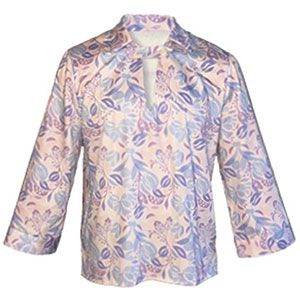
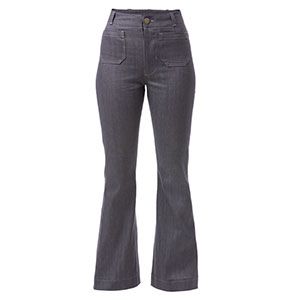
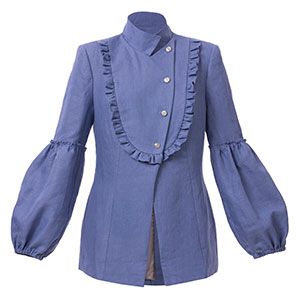
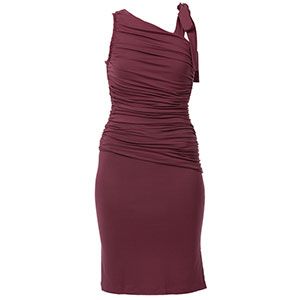
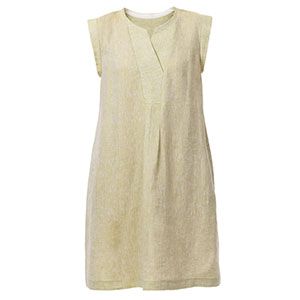
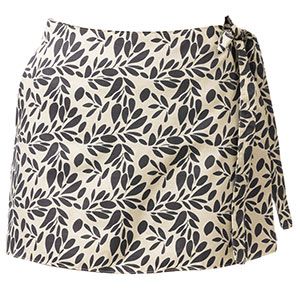
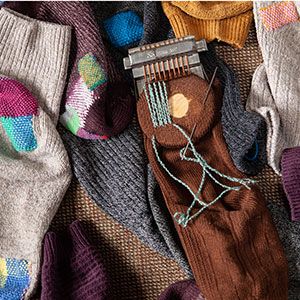

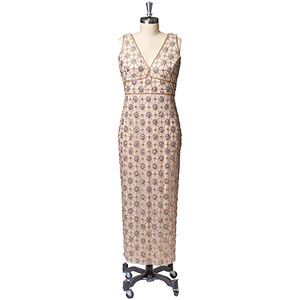
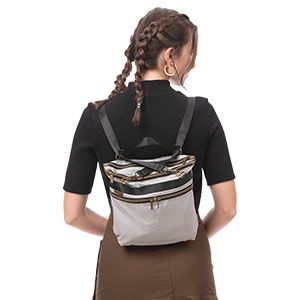
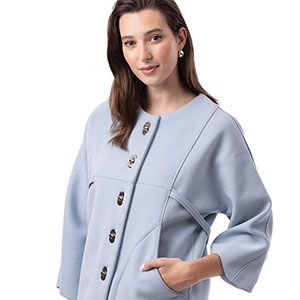
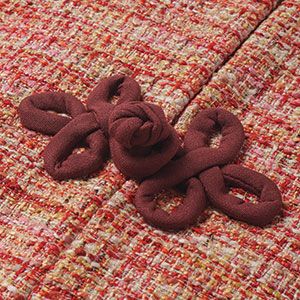








Thank you so much for this video! I purchased a second hand Swiss made Elna Diva about a year ago. The previous owner had acquired nearly every accessory attachment made for this model. One thing included was a bobbin cover with the fagoting spacer. In addition to the accessories I got books and workbooks on how to do this and other types of specialty stitching. Unfortunately, the books were published in the late 80’s and pictures are smaller or are in black and white. They can be hard to see. The magazine and this bonus video are wonderful and I can more clearly understand how to execute this technique. I can’t wait to try this technique out on a summer top!
Great idea to use the sticks as a spacer. Should I be concerned about it coming apart at an important area for coverage? I'll definitely give this a try.
What kind of thread are you using? And what stitch?
Hello, thank you for your question. I used all-purpose construction thread and applied a herringbone stitch. Once you have your machine set up, it's easy to experiment with different stitches.